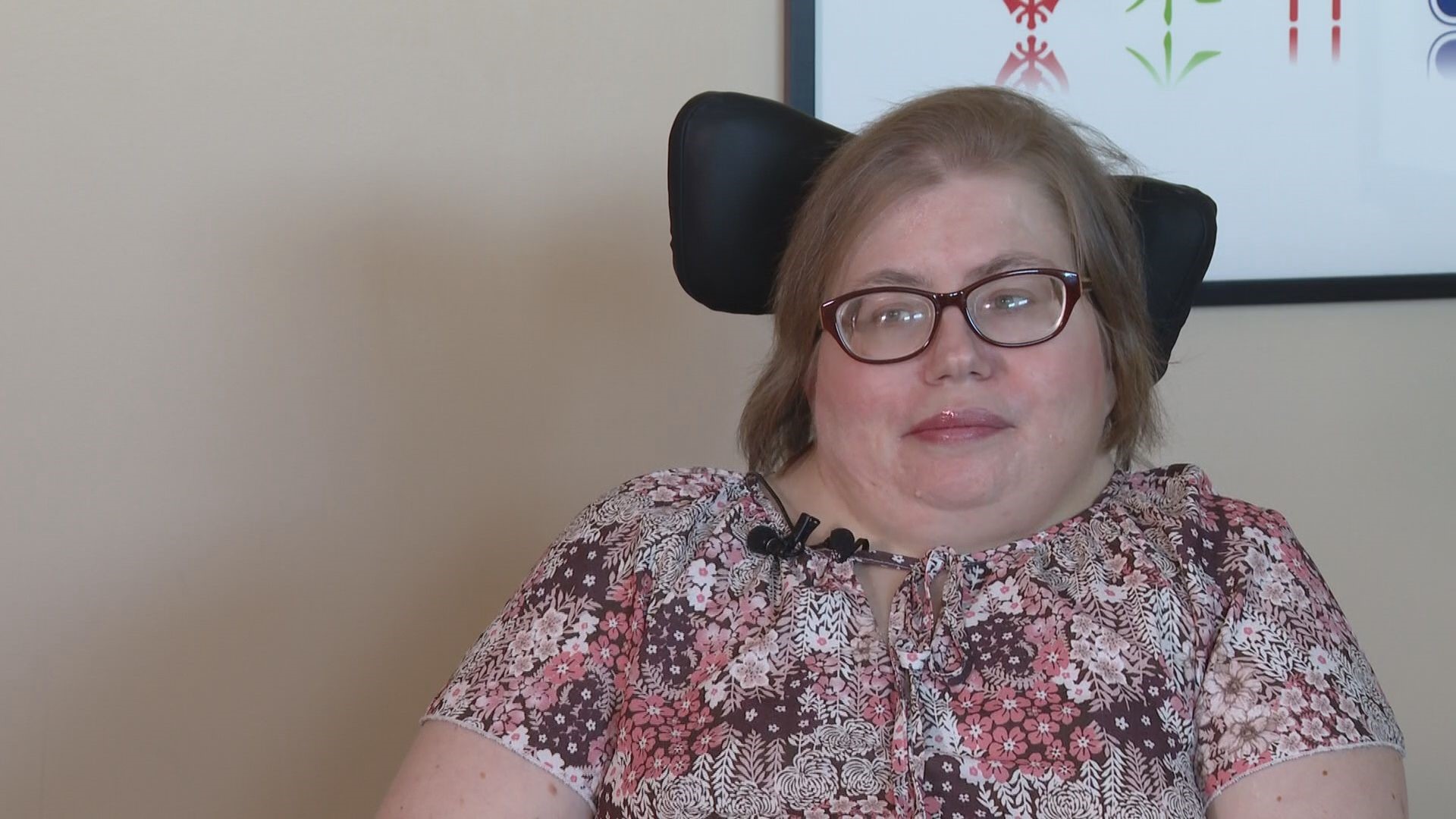CLEVELAND – More than five million Americans are living with Alzheimer’s disease –and many millions more are eagerly awaiting new medications to treat it.
We often hear the Alzheimer’s drug development pipeline is dry, but that’s not necessarily true according to a new report.
“I hear over and over, when I give talks around the country, there’s nothing going on, there’s no hope, there’s nothing, no progress being made, when I know that this is an eight billion dollar industry and there’s massive amounts of research going on to the tune of 75 drugs in clinical trials right now,” said Marwan Sabbagh, M.D., lead author of the research and Director of Cleveland Clinic Lou Ruvo Center for Brain Health.
Dr. Sabbagh said the annual report looks at drugs being developed, how far along they are, and how they work.
Earlier this year, researchers experienced a major setback when a highly anticipated drug targeting amyloid, a type of protein linked to Alzheimer’s that accumulates in the brain, failed.
Dr. Sabbagh said while amyloid-targeting drugs aren’t making as much progress as researchers had hoped, there are new ideas and products moving forward.
For example, more individualized Alzheimer’s treatments based on certain genetic characteristics are emerging.
And some scientists are looking at bacteria’s role in Alzheimer’s disease.
Meanwhile, a blood test to potentially detect Alzheimer’s risk is on the horizon as well.
While we may not have a cure for Alzheimer’s yet, Dr. Sabbagh said every discovery helps doctors better understand the disease and leads science in the right direction.
“I know we’re in baseball season now – we’re not going to hit the home run here – we’re going to hit base hits and we’re just going to keep chipping away at this incremental progress,” said Dr. Sabbagh. “That’s how we’re going to make this disease something we can manage better.”
Complete results can be found in the Alzheimer’s Association’s journal, Alzheimer’s & Dementia: Translational Research & Clinical Trials Interventions.
►Make it easy to keep up to date with more stories like this. Download the 13 ON YOUR SIDE app now.
Have a news tip? Email news@13onyourside.com, visit our Facebook page or Twitter.



